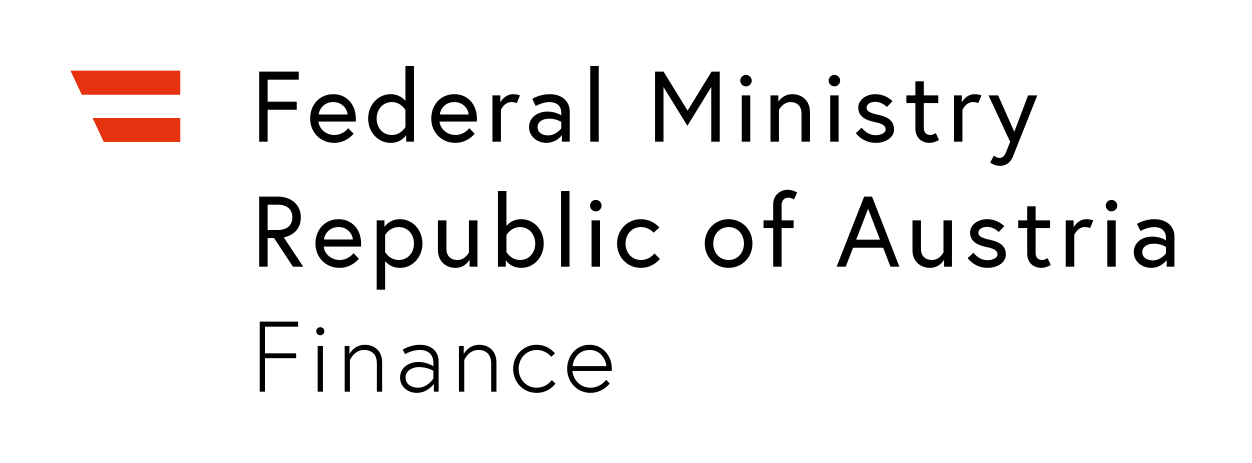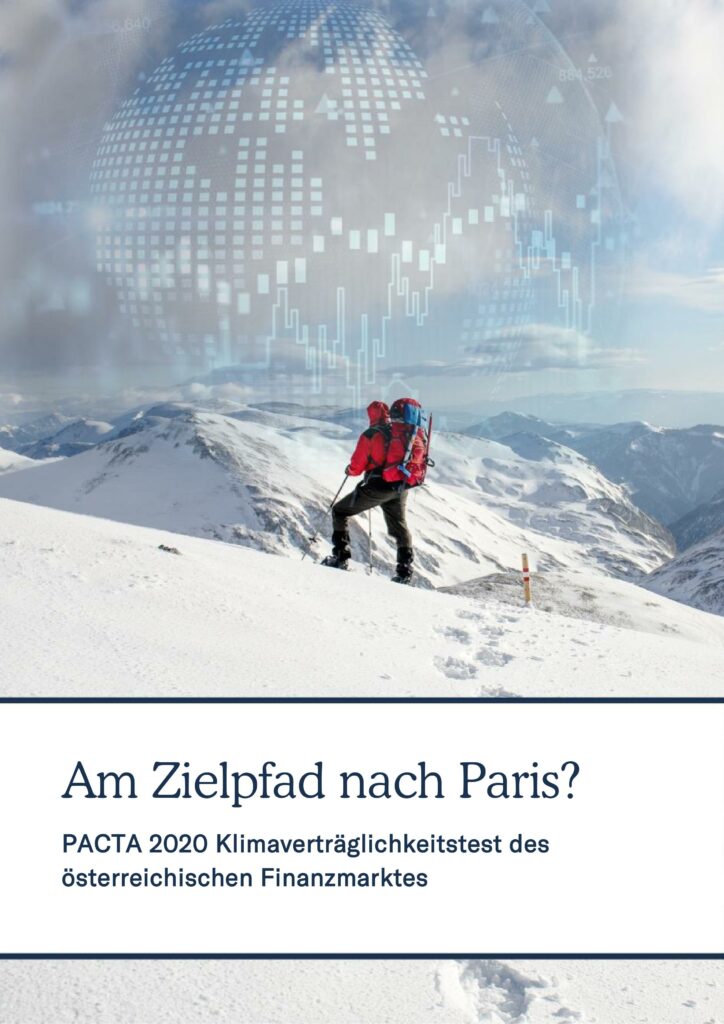The assessment showed that there is growing interest in climate action in the Austrian financial sector, but work remains to be done in order to align with the Paris goals.
Austria is the third country to take part in the PACTA COP initiative and plans to run the assessment every three years going forward. PACTA COP is a dedicated program in which 2DII collaborates with governments and supervisors, on an individual or collective basis, to help them apply the PACTA climate scenario analysis methodology to the portfolios of their regulated entities. The objective of PACTA COP is to measure the climate alignment of the entire financial sector as well as individual participating institutions. The outcome can be used by governments, supervisors, and participating FIs to inform their climate finance strategies. Learn more about the initiative here.
More on the assessment and key results
2DII assessed the equity and corporate bond portfolios of 54 Austrian financial institutions, focusing on eight climate-relevant sectors that are responsible for 70-90% of CO2 emissions that are financed by capital markets. These sectors are oil and gas production, coal mining, electricity, transportation (automotive, aviation, shipping), and industry (steel, cement). The results will enable Austrian financial institutions to gain critical climate-related insights about their portfolios, to develop strategies to reduce climate risks, and to avoid financing stranded assets.
Among other key results:
- 59% of participating institutions said that they have set a climate target for their core business
- Overall, Austrian financial institutions are investing in line with the global equity and corporate bond market, but in many economic sectors they are not aligned with a 2°C scenario or a below 2°C scenario.
- Participating financial institutions’ portfolios that were labelled as ESG (Environment, Social, Governance) performed better in comparison, but were still not all compatible with 2°C scenario target pathway. So far, only investments in electric mobility are compatible with a 2°C scenario.
- Financing for coal mining and internal combustion engine vehicles must be significantly reduced. 70% of participants said that they use coal exclusion criteria, but all of them still held investments in coal-fired power or coal mining.
- Compared with Switzerland, Austria has a high share of investments in renewable energy, but these investments still need to be significantly increased to align with Paris Agreement benchmarks
- Many financial institutions do not yet adequately measure the climate impact of measures they have taken. To help them in these efforts, 2DII has developed a Climate Action Guide that has detailed instructions for planning climate strategies and studying climate impacts. This was made available to participating financial institutions as part of the PACTA analysis.
According to the results, engagement with investee companies can be an especially effective measure for hastening the low-carbon transition and aligning the emissions of these companies with global climate goals.
About our funders and disclaimer: This project has received funding from the European Union’s Life NGO program under Grant Nos LIFE19/NGO/SGA/DE/100040 and LIFE20/NGO/SGA/DE/200040. Further development of the methodology as well as the application of the model to the Austrian financial market was supported by the Austrian Federal Ministry for Climate Protection, Environment, Energy, Mobility, Innovation and Technology (BMK) and the Austrian Federal Ministry of Finance (BMF). This report reflects the views of the authors only, and the funders are responsible for any use that may be made of the information it contains.





